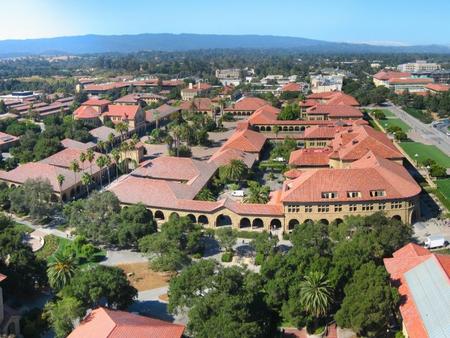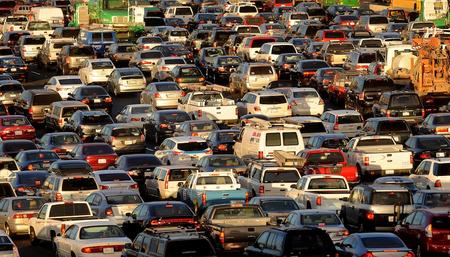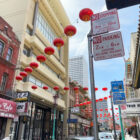With Stanford University dumping its coal investments, and Plan Bay Area’s “smart growth” strategy aiming to reduce regional greenhouse-gas emissions by 2035, has the Bay Area finally turned the corner on climate change?
Far from it. In fact, Stanford’s divestment won’t even sting coal companies, and, as reported by the San Francisco Public Press, Plan Bay Area will actually result in an increase in carbon pollution in the atmosphere.
On May 6 the Stanford Board of Trustees announced that the university will excise endowment dollars from 100 coal-profiting companies, following months of pressure from students calling for divestment from all companies that emit greenhouse gases.
Yet Stanford’s plans to divest from coal will not affect fossil-fuel profits at all, representatives of the coal industry told NPR. And the university has no plans to divest from other polluting industries, as the student-led Fossil Free Stanford has demanded, leaving investments in other heavy-polluting industries like oil or natural gas untouched.
Stanford’s divestment comes one year after regional planning agencies adopted the Plan Bay Area “smart growth” strategy, which critics also say will fall short of desperately needed greenhouse-gas reductions.
By 2035, Plan Bay Area aims to have reduced emissions per capita — for each individual in the region.
Yet that strategy will actually lead to an overall increase in the region’s total greenhouse gas emissions, because predicted population growth will greatly outstrip reduced emissions by individuals.
The prospect of millions of new Bay Area residents adding metric tons of carbon emissions to the atmosphere — regional passenger-vehicle emissions alone will likely increase 9.1 percent by 2035 — has prompted an ongoing lawsuit against Plan Bay Area, filed last summer by the Sierra Club and Earthjustice, with a new hearing upcoming in September.
Among the suit’s complaints is a focus on highways at the expense of public transit. According to The Register, a local real-estate blog, Plan Bay Area faces several other lawsuits from construction and citizen groups.
Although Plan Bay Area and Stanford’s divestment appear to be promising first steps, real impacts and real change seem to require much more.
By 2050, the Intergovernmental Panel on Climate Change has warned, even a 40 to 70 percent reduction in greenhouse-gas emissions will only blunt the worst effects of climate change. Bay Area greenhouse emissions will not likely come under control unless the pressure on Stanford, and Plan Bay Area, spurs more drastic action.
If that does happen, it will depend on activists like Yaris Greaney, one of the student leaders of Fossil Free Stanford.
As quoted by the Stanford Daily, Greaney said that his central goal remains divestment from all fossil fuels, not just coal, and that his organization “will continue to ask that our administrators don’t fund an industry that pollutes our world. The Board seems open to further divestment so we’re excited to use this as a really strong and very powerful starting place.”
— Editor: Josh Wilson
SOURCES:Planners Claim Reduction in Car Pollution but Details Show Overall Increase Stanford’s Coal Divestment: Environmental or Financial? Or Both? When Colleges Divest in Coal It’s Barely a Drop in the Bucket Plan Bay Area Settlement Doesn’t Stop Challenges University Divests from Coal-Mining Companies |










